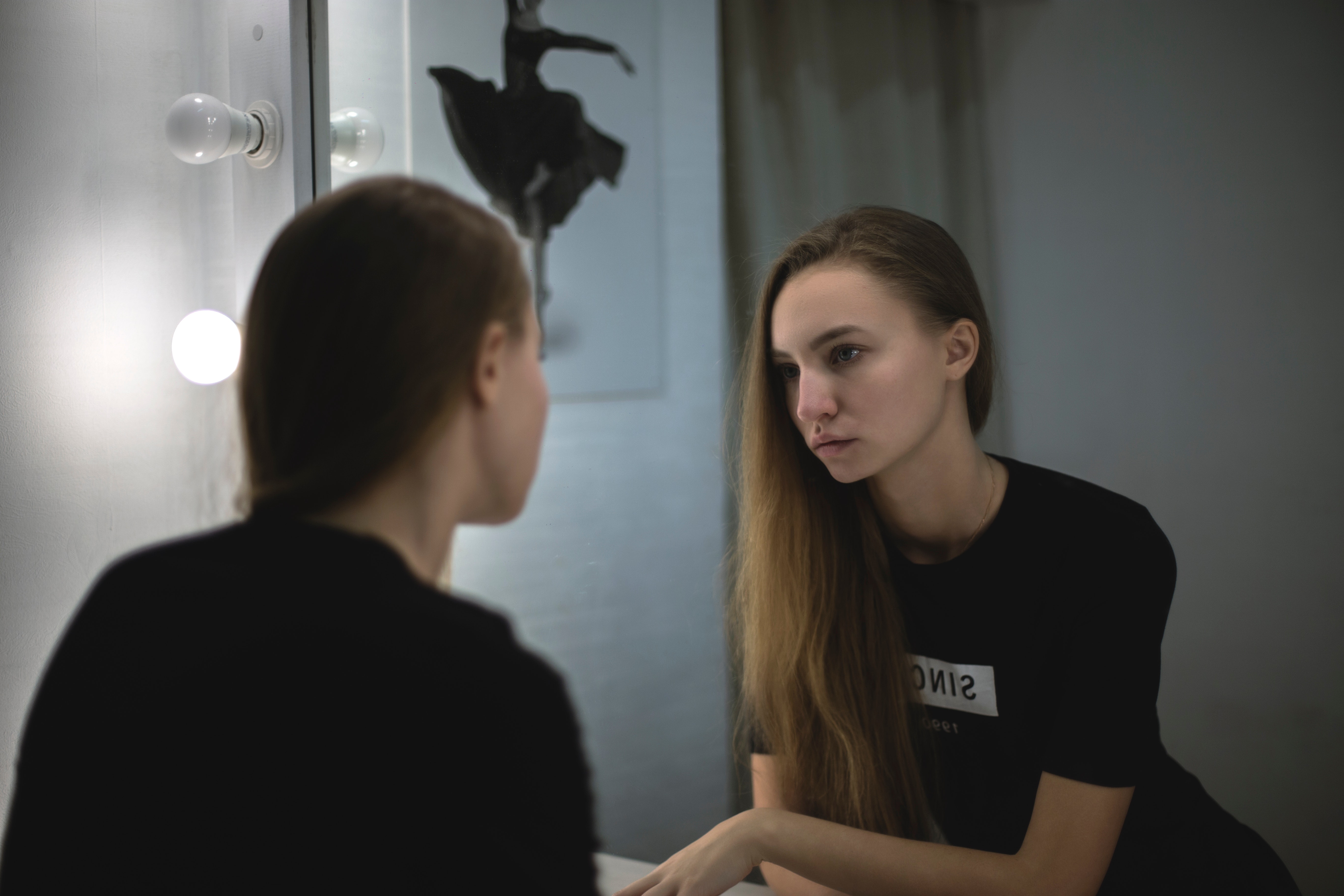Tapping Into Your Values
Most of us inherit values from our parents, families and wider society. But there comes a time when values become up close and personal. We rely on what’s important to us.
Though I can’t pinpoint the moment in my life when I knew what was important to me, my father tells me that even as a kid, some 8 or 9 years of age, I was somewhat charitable. Once I took the pencils and paper that he and my mom had brought for us to school and told the teacher they were for the children who didn’t have any. When the stuff went missing, of course, those unfortunate kids turned out to be my siblings. I have no recollection of this whatsoever, but Daddy does, as do a a couple of my siblings.
The point is that though my first conscious thoughts of what was important to me in life, likely came when I was a teen, subconsciously my mind was at work much earlier. Many experts agree that our core values tend to form early on in life and can steer us from the teenage years—often chalked up as a time of discovery and rebellion—to adulthood during the best and worst of times. Thus, knowing what really matters is important.
In our podcast with awarding winning coach Jenny Garrett, UIO: Your Values Inside Out, Jenny points out that it was her strong values that likely saw her through her teenage years. I agree. Often when facing tough decisions or even life changing situations, what it came down to for me was: what really mattered to me, not what everyone else thought mattered.
But let’s face it, what we truly value can get squashed in the minutiae of life. Furthermore, there are more blurred lines today than ever when it comes to values, making it crucial to tap into what matters the most.
Of course, when you’re a teenager, so much seems to matter the most, and it can all feel rather urgent. Upon reflection, I’ve learned over the years that very few things are urgent and there are some steps that can be taken to unmask what is real and what is not.
First, consider Waiting Awhile. Often letting the intense moment pass sharpens your focus. This sort of tactic might come in handy when under peer pressure to do something that goes against your values. See our Wait Awhile campaign for more tips.
Next, Go with your Gut, not to be confused with the chatter box in your head that says jump on the bandwagon when everyone is bullying the new kid at school. If your gut says give it a miss and welcome the kid, then go with your gut, even if it makes you less popular for a few days.
Finally, as mentioned in many of our podcasts, find real role models, mentors that inspire you, people whose values are aligned with yours. Learning by association has no substitute and it can work against you, too, so do keep that in mind.
So go ahead teen girls live your best life, knowing what really matters to you. In some instances that might mean championing a cause, in others it could mean doing something kind for someone you hardly know. In short, it means tapping into your values inside out, regardless of the blurred lines so often above, beyond and around you. It’s all about you being clear.



